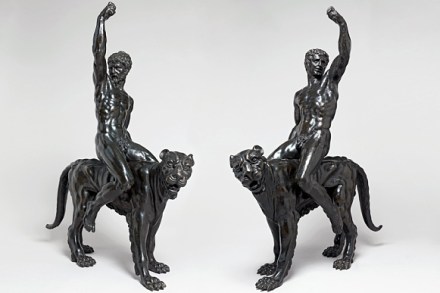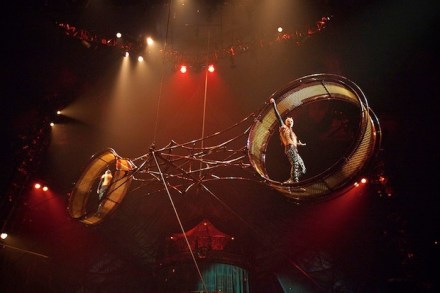Ignore the naysayers: these Fitzwilliam bronzes are by Michelangelo (probably)
A bronze sculpture by Michelangelo is one of the lost Holy Grails of art history. We know he made them, but the most important – an over life-size figure of Pope Julius II – was destroyed by the enraged citizens of Bologna (who had a grudge against the pontiff) a few years after it was made. A bronze David by Michelangelo vanished during the French Revolution. So that, it has always been concluded, was that. Now the Fitzwilliam Museum has unveiled not one but two bronzes attributed to the great man: athletic naked men mounted on slightly weird feline beasts. It seems too good to be true, but I am


















